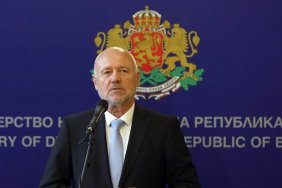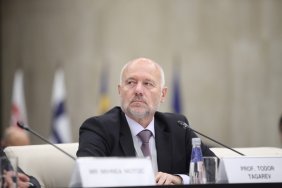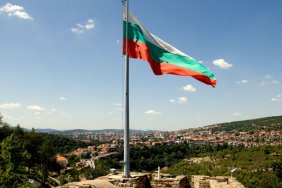The Russian company "Lukoil", the owner of the only oil refinery in Bulgaria, should not try to circumvent the EU embargo and sell petroleum products made from Russian oil abroad.
This was reported by Euractiv.
The representative of the European Commission, Daniel Ferri, said that Bulgaria was granted the right to use Russian oil until 2024 as an exception, but this does not mean that it can export and make a profit from this exception.
Ferri explained that the purpose of the exclusion is to allow Bulgaria to use domestically, but not resell abroad, imported Russian oil, either to the EU or to third countries.
According to him, Bulgaria received the right to use Russian oil as an exception until 2024, but this does not mean that it can export it and make a profit from it. "The purpose of the exclusion is that Bulgaria could receive supplies and not sell imported Russian oil to other countries - from the EU or to third countries," he added.
In this way, he reacted to the statement of the Bulgarian Minister of Energy, who stated the day before that the export of Russian oil products provides a service to the entire European market and guarantees the security of the region. He also reported that the European Commission approved the resale of Russian fuel.
The proposal to lift the ban on the resale of Russian oil was made by interim Prime Minister Gulab Donev and the ministers of finance, economy and energy a week ago, who argued that the ban on exports would lead to a shortage in the domestic market, as the Bulgarian refinery of the Russian company Lukoil will also stop production.
The previous government of Kyril Petkov introduced an export ban at the end of June to comply with pan-European decisions and help lower fuel prices in Bulgaria. The logic is that the more oil that remains in Bulgaria, the more its price will fall, since the commodity cannot be sold elsewhere.
The decision of the interim government would be especially beneficial both for Lukoil, which exports fuel through the group's trader - Swiss Litasco, and for Bulgarian companies that import Russian fuel.
The Burgas refinery runs almost 90% on Russian Ural oil, the price of which is about $23-25 per barrel cheaper than the European Brent sample, which has fallen below $100 per barrel since March and is trading at $93-97. The price difference of 20-25% allows you to get a significant income.
The caretaker government's proposal, signed by Prime Minister Gulab Donov and the finance, economy and energy ministers, comes as European countries prepare action plans after cutting out Russian oil in December - and after oil imports from of Russia from February 5, 2023.






